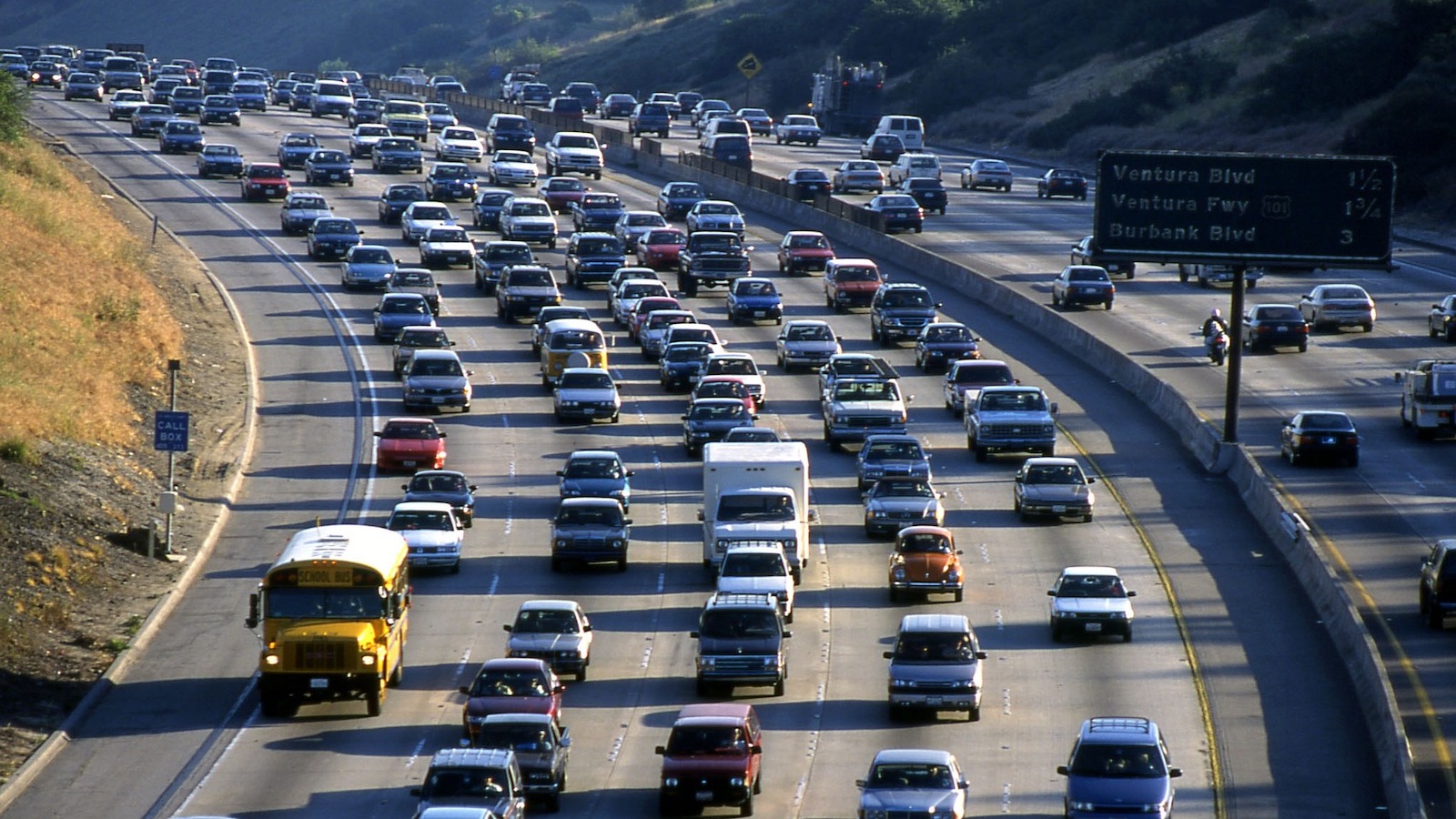
Tell automakers: Stop sharing drivers’ data
It's time for automakers to stop the secret collecting and sharing of drivers' data.
The Illinois Coalition for Fair Car Insurance rates is unified in our support of House Bill 2203, to protect consumers from excessive and unfair car insurance rate hikes.
Chairperson Morgan, Spokesperson Keicher, honorable members of the committee: thank you for the opportunity to testify today. My name is Abraham Scarr and I am the Director of Illinois PIRG. Illinois PIRG is a statewide, citizen funded, non-partisan public interest advocacy organization that speaks out for a healthier, safer world in which we’re freer to pursue our own individual well-being and the common good.
I am speaking today on behalf of the Illinois Coalition for Fair Car Insurance rates, a coalition of 15 consumer, community, and civil rights organizations. We are unified in our support of House Bill 2203, to protect consumers from excessive and unfair car insurance rate hikes. Thank you Representative Guzzardi for your leadership on this issue.
I started working on this issue after the first year of the pandemic, when Illinoisans were driving much less, meaning the risks of driving were much lower, even for those on the road every day. Yet despite this decline in risk, car insurance premiums did not decline in proportion.
According to analysis of data released by the Illinois Department of Insurance in June 2022, the top four car insurance companies by Illinois market share — State Farm, Geico, Progressive and Allstate — made roughly $500 million more in 2020 than they would have needed to maintain 2019 profit levels.
Responding to public pressure, the companies collectively returned about $220 million to customers in 2020. But those four companies alone still raked in a $280 million pandemic windfall. An earlier analysis by the Consumer Federation of America, which reviewed the entire Illinois auto insurance market, estimated insurers’ total 2020 post-refund Illinois windfall at $896 million, or $99 per policy holder on average.
Since then, insurance rates in Illinois have shot up. Today we are releasing new analysis that shows that the five largest car insurance companies, representing 62% of the state market, have raised Illinois drivers’ rates by more than $500 million halfway through 2023. This follows our January analysis that found the top 10 car insurers by market share raised Illinois drivers’ rates by more than $1.1 billion in 2022. They did so unilaterally, without any challenge from regulators, because Illinois law does not empower our regulators to do so.
We should expect these rate hikes to continue. Allstate’s CEO recently stated, talking about rate hikes across the country – “We may end up overshooting a bit, don’t know.”
In all but one other state, if a car insurer “overshoots” and files an excessive rate hike, regulators can modify it. But not in Illinois. Our laws and regulations have allowed car insurance rates to go up over a billion and a half dollars in 18 months without any review. It’s time for that to change.
To be clear, we are not saying that these rate hikes are completely without merit and should be rejected whole cloth. What we are calling for is the same basic regulatory oversight the vast majority of Americans take for granted. I want to call the committee’s attention to how slow the companies were to lower rates when it was appropriate to, and how inadequate their response was. Compare that to how aggressively the insurance companies are raising rates now. Moderating the timing, pace, and volume of rate hikes is something regulation can achieve, and will make a material impact on consumers’ pocketbooks. As a consumer advocate, I understand that regulation is hard and won’t solve everything, but the simple presence of an active, empowered regulator will change industry behavior and benefit consumers.
Finally, while not the focus of my testimony today, we also strongly support ending the unfair practice of using non-driving factors to set rates. Using non-driving factors has demonstrated discriminatory impacts and can lead to absurd outcomes, like drivers with excellent credit but convictions for driving while intoxicated paying less for insurance than excellent drivers with poor credit. We should not be using factors that are not about how safe of a driver you are to set car insurance rates.
Again thank you for the opportunity to testify today. I will be happy to answer any questions from the committee.
It's time for automakers to stop the secret collecting and sharing of drivers' data.
Add Your Name